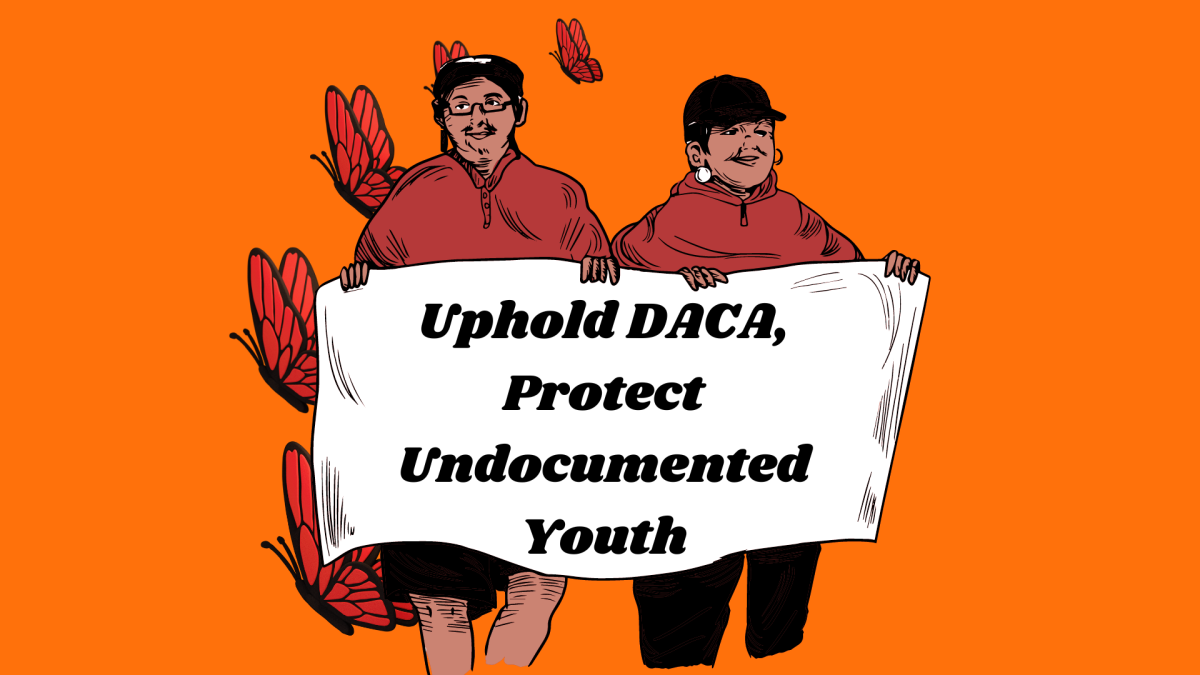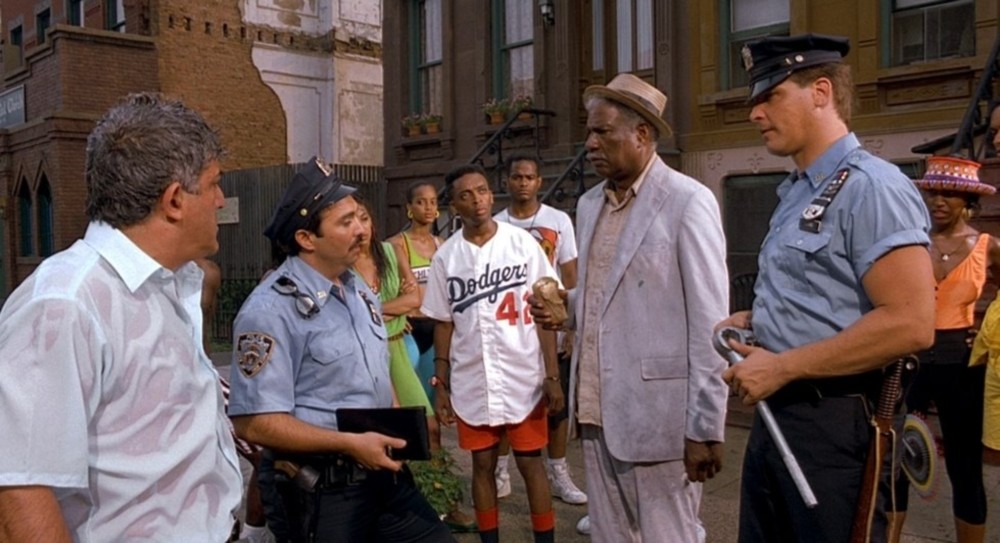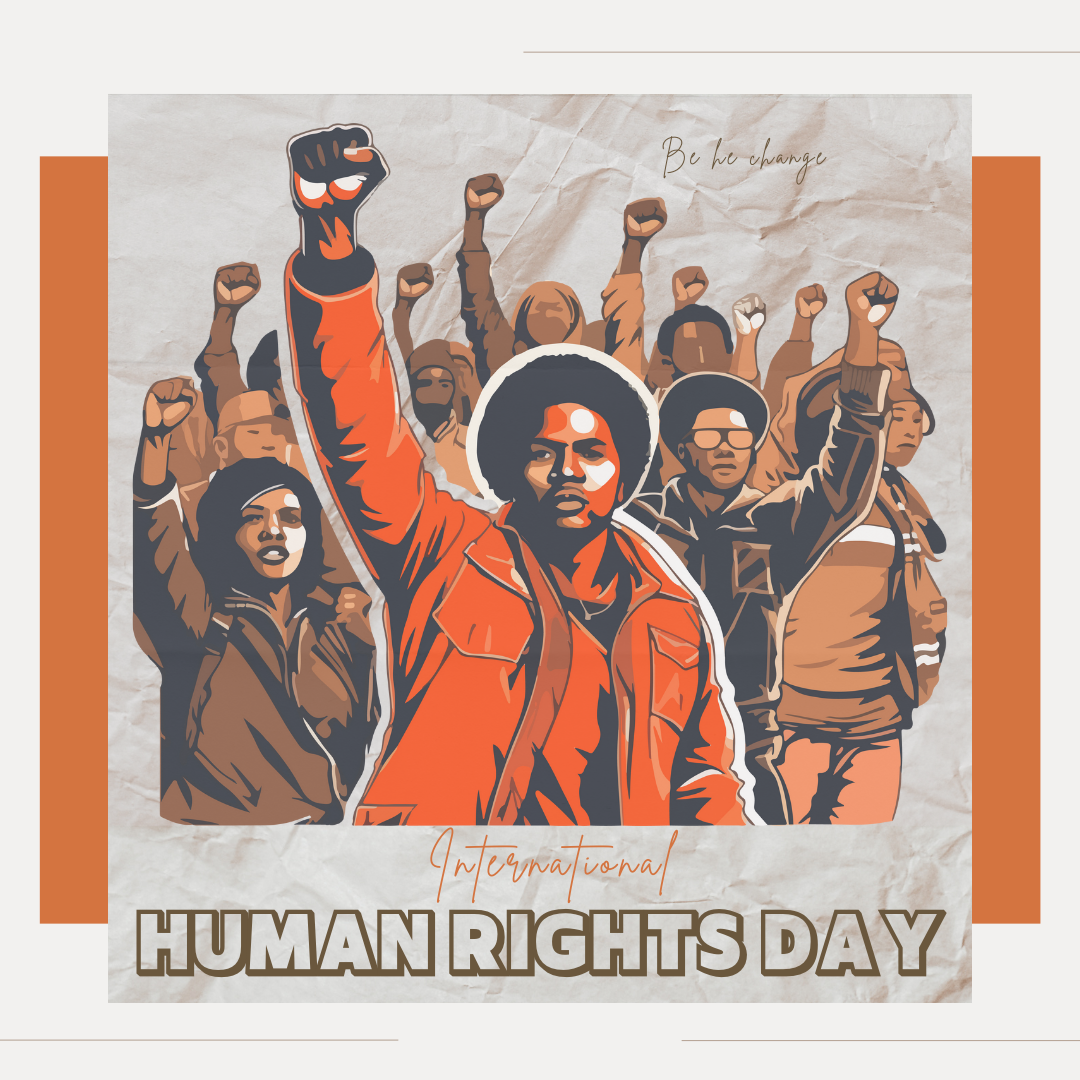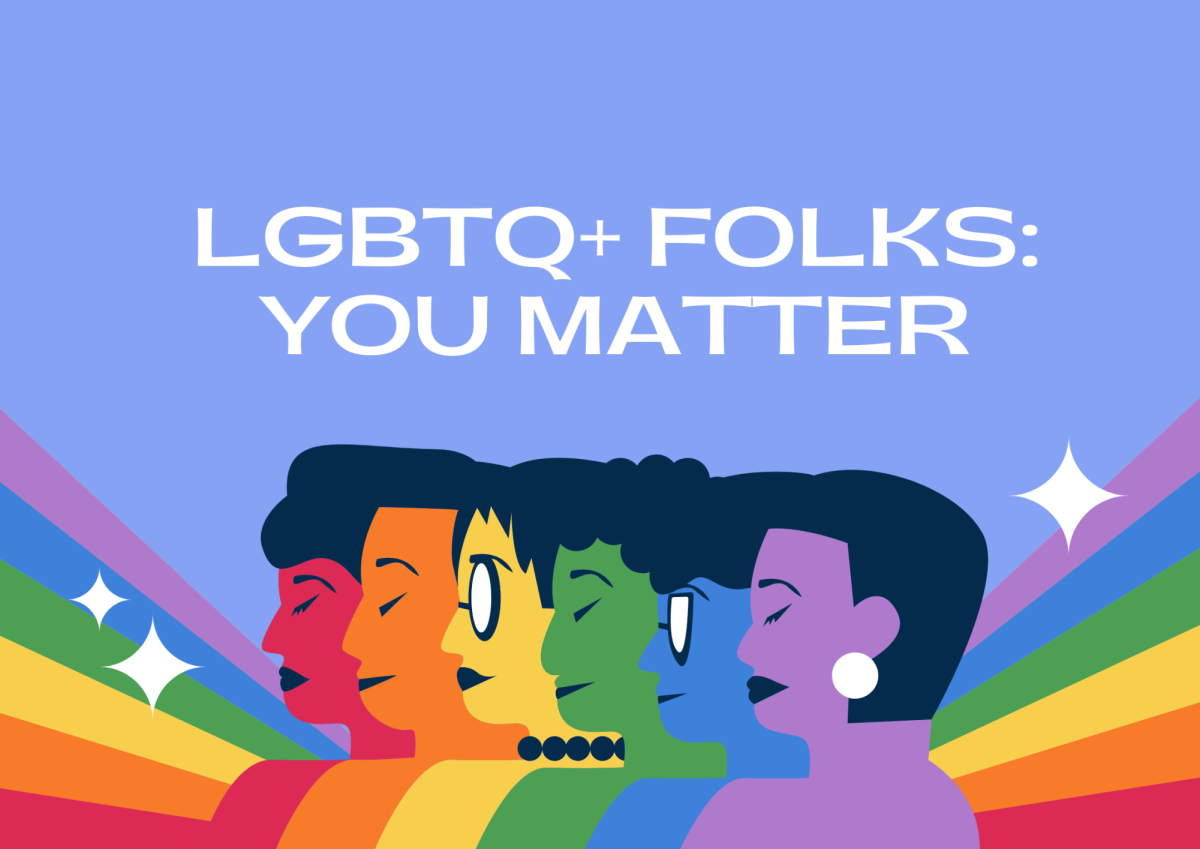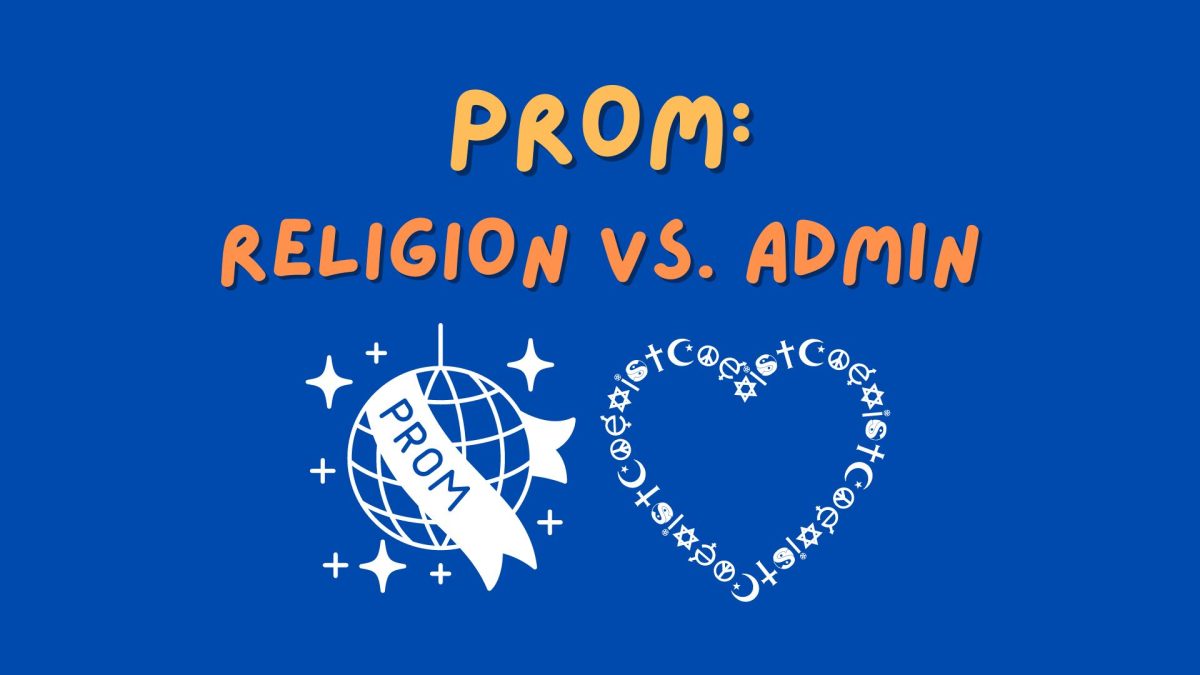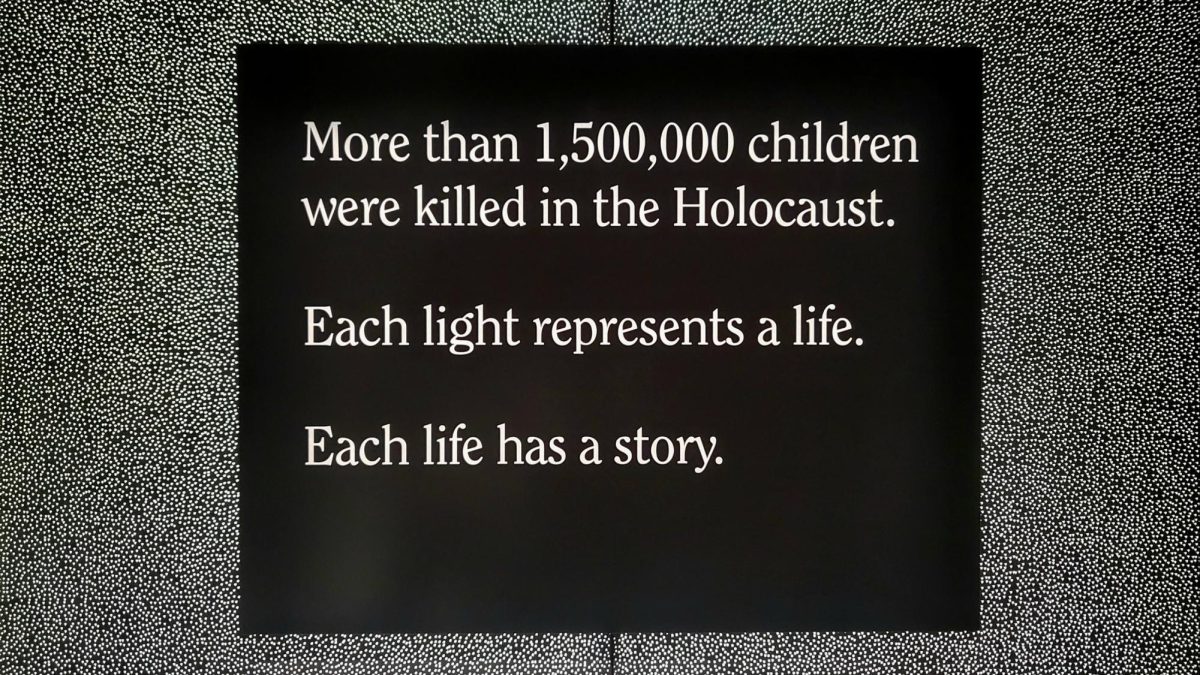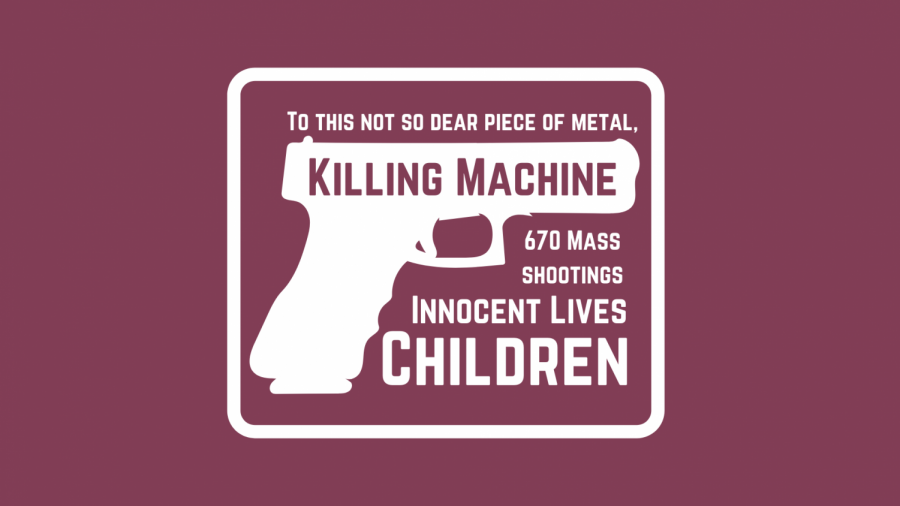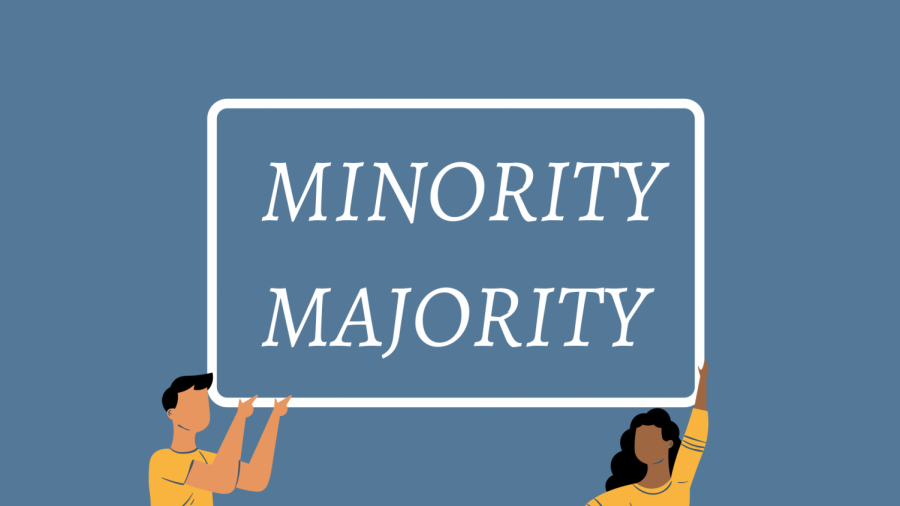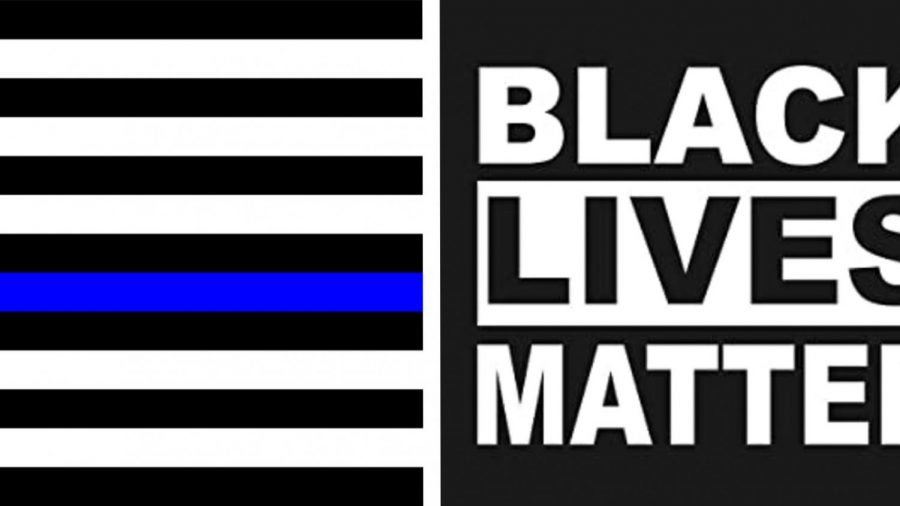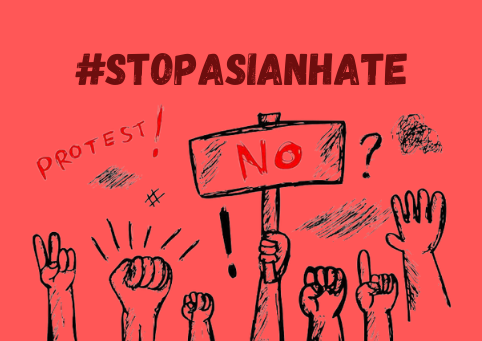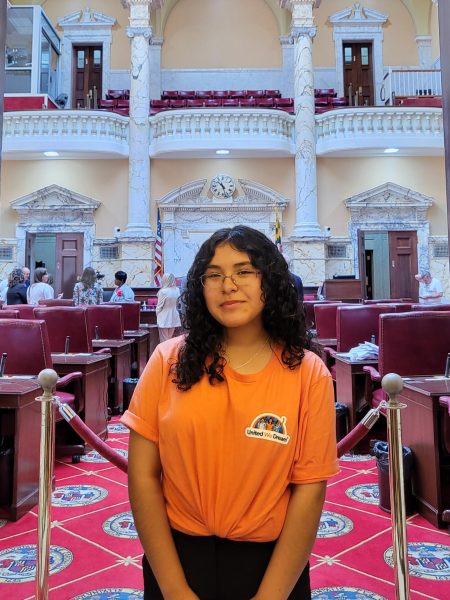Since 2012, the Deferred Action for Childhood Arrivals has been under constant attack, and the Fifth Circuit Court of Appeals is scheduled to hear oral arguments on October 10—marking a potential end to DACA.
Established in 2012 by the Obama administration, DACA is an immigration policy that protects undocumented youth who came to the U.S. at a young age from deportation. To be eligible for DACA, the individual must apply and meet the listed criteria. If accepted, recipients gain a working permit. DACA must be renewed every 2 years through reapplication and paying a fee.
DACA was always meant to be a temporary stopgap until Congress found a permanent solution. Still, as they have yet to come to that solution, DACA must be upheld to protect undocumented youth.
Some claim that DACA encourages illegal immigration and that the nation’s priorities should be on strengthening the southern border, but DACA can only apply to immigrant youth who came to the U.S. under the age of 16 and resided in it anytime from June 15, 2007 to June 15, 2012. Claiming the expansion or existence of DACA will encourage this behavior is legally false and pushes the DACA population away from having a path to citizenship.
Growing up, my parents always made sure that my sister and I knew they were undocumented. They always told us about the things most families do that we couldn’t and about the safety nets we have set in place if we had to leave the country. Though they are not DACA recipients, advancements for a fraction of the undocumented population are an advancement for all.
Thousands of DACA recipients are now building families in this nation, raising their kids in the household of uncertainty: I grew up in a household filled with the fear that everything could be stripped away from you within a matter of days. Placing the label ‘undocumented’ on someone doesn’t change the fact they’re human before they are immigrants.
Decades ago, speaking out about the immigrant experience felt like a death wish. Since then, the immigrant youth movement has grown to become resilient. On October 10, the court will be packed with DACA recipients and allies who are undocumented and unafraid, fighting to protect their futures.



